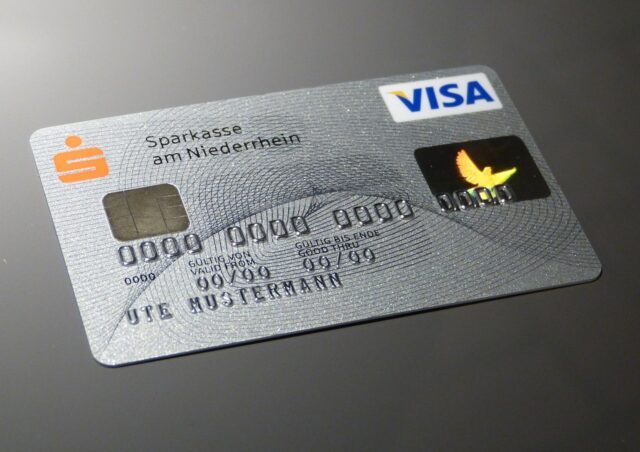
Dealing with credit card debt can be overwhelming, especially when you have a bad credit score. The burden of high interest rates, multiple payments, and mounting bills can feel suffocating. However, there is a solution that can help you regain control of your finances: credit card debt consolidation.
Understanding Credit Card Debt Consolidation
Credit card debt consolidation is the process of combining multiple credit card debts into a single loan or payment plan. This approach allows you to simplify your finances and potentially reduce the overall interest rate you’re paying. With bad credit, finding a favorable consolidation option may seem challenging, but it’s not impossible.
The Benefits of Credit Card Debt Consolidation
Consolidating your credit card debt, even with bad credit, offers several advantages:
1. Simplified Payments
Instead of juggling multiple credit card payments each month, debt consolidation allows you to make a single payment. This streamlines your finances and makes it easier to stay organized.
2. Lower Interest Rates
One of the primary reasons people opt for debt consolidation is to secure a lower interest rate. By obtaining a consolidation loan or enrolling in a debt management plan, you may be able to reduce the interest you’re currently paying on your credit card debt.
3. Improved Credit Score
Consolidating your credit card debt can positively impact your credit score. As you make regular payments towards your consolidated debt, your credit utilization ratio improves, and your credit score may gradually increase.
Options for Credit Card Debt Consolidation with Bad Credit
While having bad credit may limit your options, there are still viable paths to consolidate your credit card debt:
1. Debt Consolidation Loans
A debt consolidation loan allows you to borrow a lump sum of money to pay off your credit card debts. With bad credit, you might face higher interest rates or stricter terms, but it can still be a worthwhile option. Shop around for lenders who specialize in working with individuals with bad credit.
2. Home Equity Loans or Lines of Credit
If you own a home, you may be able to leverage its equity to secure a loan or line of credit. This type of loan typically offers lower interest rates, making it an attractive option for debt consolidation. However, keep in mind that your home is used as collateral, so there is a risk involved.
3. Debt Management Plans
A debt management plan (DMP) is a structured repayment plan offered by credit counseling agencies. They negotiate with your creditors to lower interest rates and consolidate your debts into a single monthly payment. DMPs are a popular option for individuals with bad credit as they don’t require a loan.
4. Balance Transfer Credit Cards
Another option to consider is transferring your credit card balances to a card with a lower interest rate. While this can be an effective strategy, it’s essential to read the terms and conditions carefully. Look for cards that offer a 0% introductory APR or a low-interest rate for an extended period.
Steps to Take for Credit Card Debt Consolidation
Before diving into the credit card debt consolidation process, there are a few steps you should take:
1. Assess Your Current Financial Situation
Take a close look at your credit card debts, interest rates, and monthly payments. Understanding your financial standing will help you determine the best consolidation option for your needs.
2. Research and Compare Consolidation Options
Explore the various consolidation options available to you, such as loans, lines of credit, or debt management plans. Compare interest rates, terms, and any associated fees to find the most suitable option.
3. Create a Realistic Budget
Consolidating your credit card debt is just part of the solution. To achieve long-term financial stability, it’s crucial to create a budget that allows you to manage your expenses and make timely payments towards your consolidated debt.
4. Seek Professional Advice
If you’re unsure about the best course of action, consider consulting a financial advisor or credit counselor. They can provide personalized guidance based on your specific circumstances and help you make informed decisions about debt consolidation.
In Conclusion
While credit card debt consolidation with bad credit may present some challenges, it is a viable option for regaining control of your finances. By simplifying your payments, reducing interest rates, and improving your credit score, debt consolidation can pave the way to financial freedom. Remember to explore your options, compare offers, and seek professional advice to make the best choice for your situation. With determination and a strategic plan, you can overcome your credit card debt and embark on a path towards a brighter financial future.











